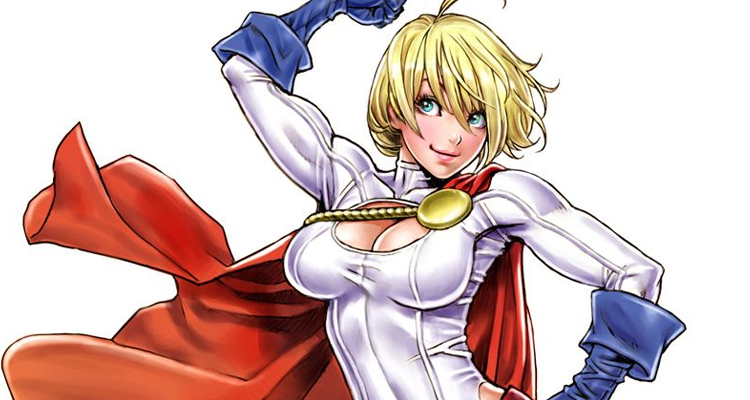
The Western comic book industry has officially begun to turn its attention to the Japanese entertainment industry when Gerry Conway, one of the co-creators of “Power Girl,” declared that he wanted to hold the manga industry accountable for its “rampant sexism and misogyny.”
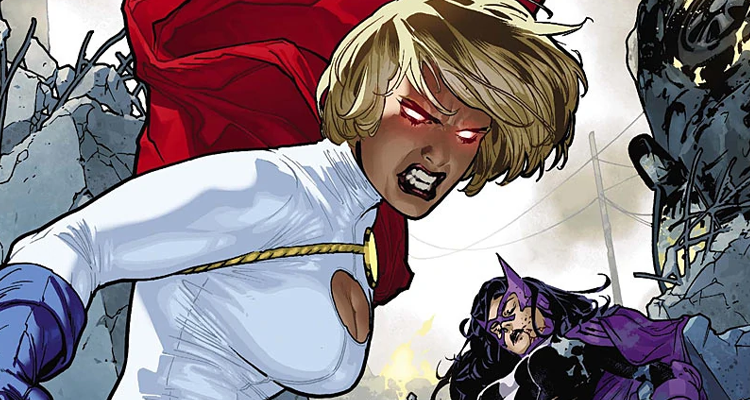
Source: Worlds’ Finest Vol. 1 Issue #12 (2013), DC Comics. Cover artwork by Ryan Sook
On May 11, presumably prompted by the recent situation surrounding J. Scott Campbell’s response to a Tumblr artist’s “correction” of his work, Conway astonishingly claimed on Twitter that while “American comic artists are regularly and rightly called out for their outrageously sexist treatment of women,” he had “rarely seen commentary on the rampant sexism and misogyny in manga.”
“And manga is incredibly popular with younger readers,” Conway added, trying to back up his disingenuous argument with the hackneyed moral rationale of “think of the children.”
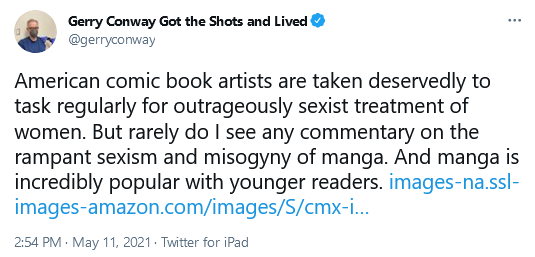
Archive link Source: Gerry Conway Twitter
As evidence for his claim that manga is full of “rampant sexism and misogyny,” the veteran comic book writer pointed to the cover of the fourth volume of “Dungeon Builder: The Demon King’s Labyrinth is a Modern City!”, which features the series’ busty Ancient Elf Monster Aura in her usual scantily clad outfit.
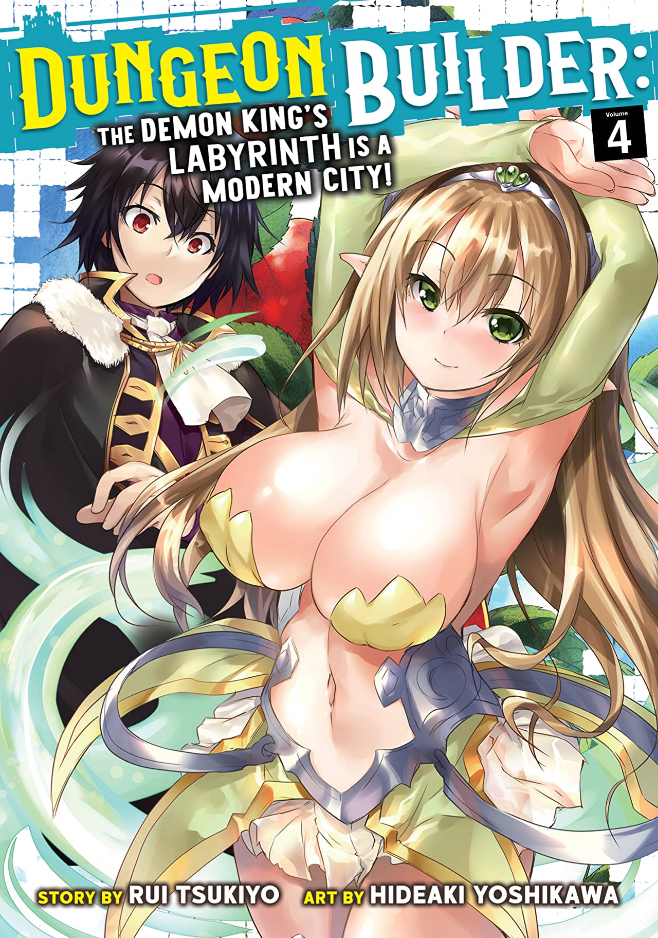
Source: Dungeon Builder: The Demon King’s Labyrinth is a Modern City! Volume 4 (2021), Seven Seas Entertainment
In a follow-up tweet, Conway continued, “Not to mention the rampant sexualization of young women in manga – in media that is popular primarily among younger readers in America.”
“Are we ignoring this because we are afraid to criticize non-Western cultural tropes?” he asked.
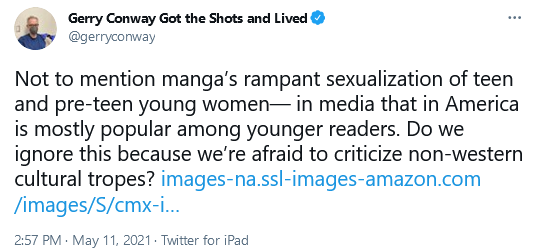
Archive link Source: Gerry Conway Twitter
Conway then presented another manga cover to support his argument, this time drawing attention to the cover of the seventh volume of Don’t Toy With Me, Miss Nagatoro (Please Don’t Bully Me, Nagatoro-san).
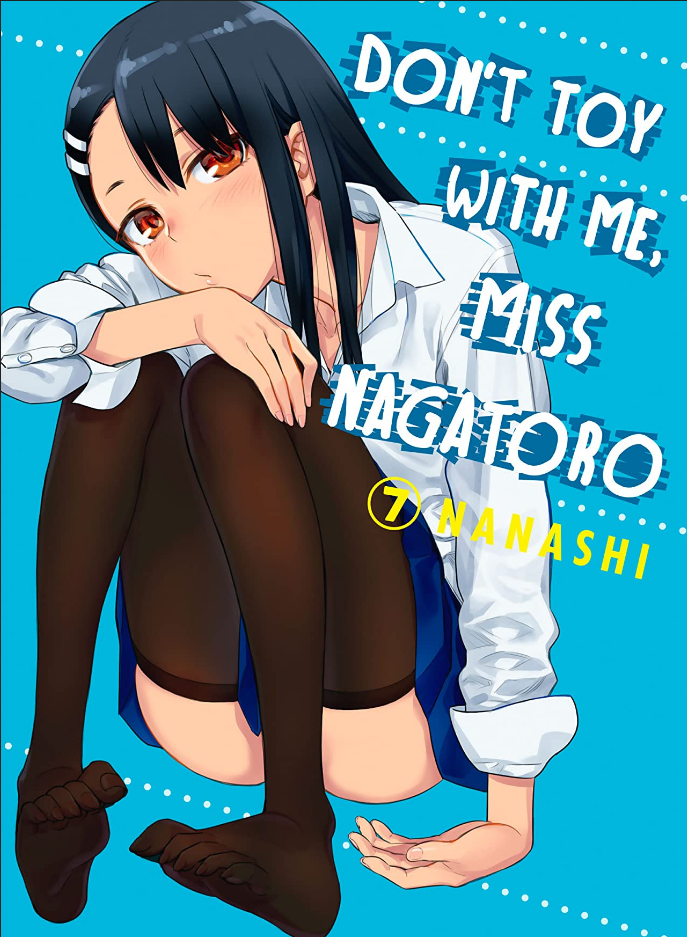
Source: Don’t Toy With Me, Miss Nagatoro Volume 7 (2021), Kodansha
There is no getting around it: the arguments put forward in Conway’s tweet are, at best, disingenuous and, at worst, outright lies.
First of all, his claim that the sexualized depiction of female characters is inherently sexist and misogynistic is a blatant lie—and ironically, even a misogynistic one, considering the very existence of the large number of female artists who enjoy drawing “sexy” characters, such as digital artist Sakimichan or Bayonetta designer Mari Shimazaki.
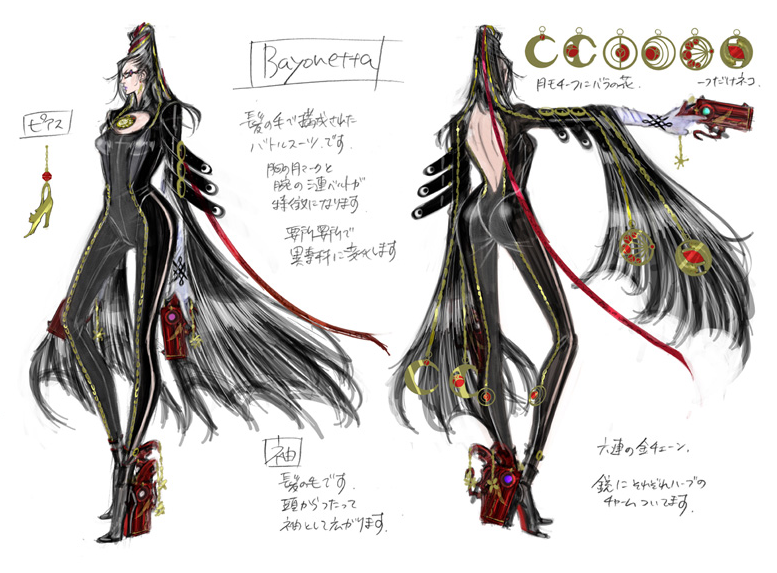
Source: PlatinumGames Official Blog “Designing Bayonetta”
Even more outrageous is his claim that he has only “rarely” experienced manga being criticized for being sexist. This could only be true if he either gets his anime and manga news exclusively from straightforward, pure news channels or is simply blind.
Anyone who has spent more than 15 minutes on social media engaging with one of the many communities surrounding this medium knows that the portrayal of women in anime and manga is a popular target of “commentary” from critical social and racial theorists, spiteful busybodies, and abusive attention seekers.
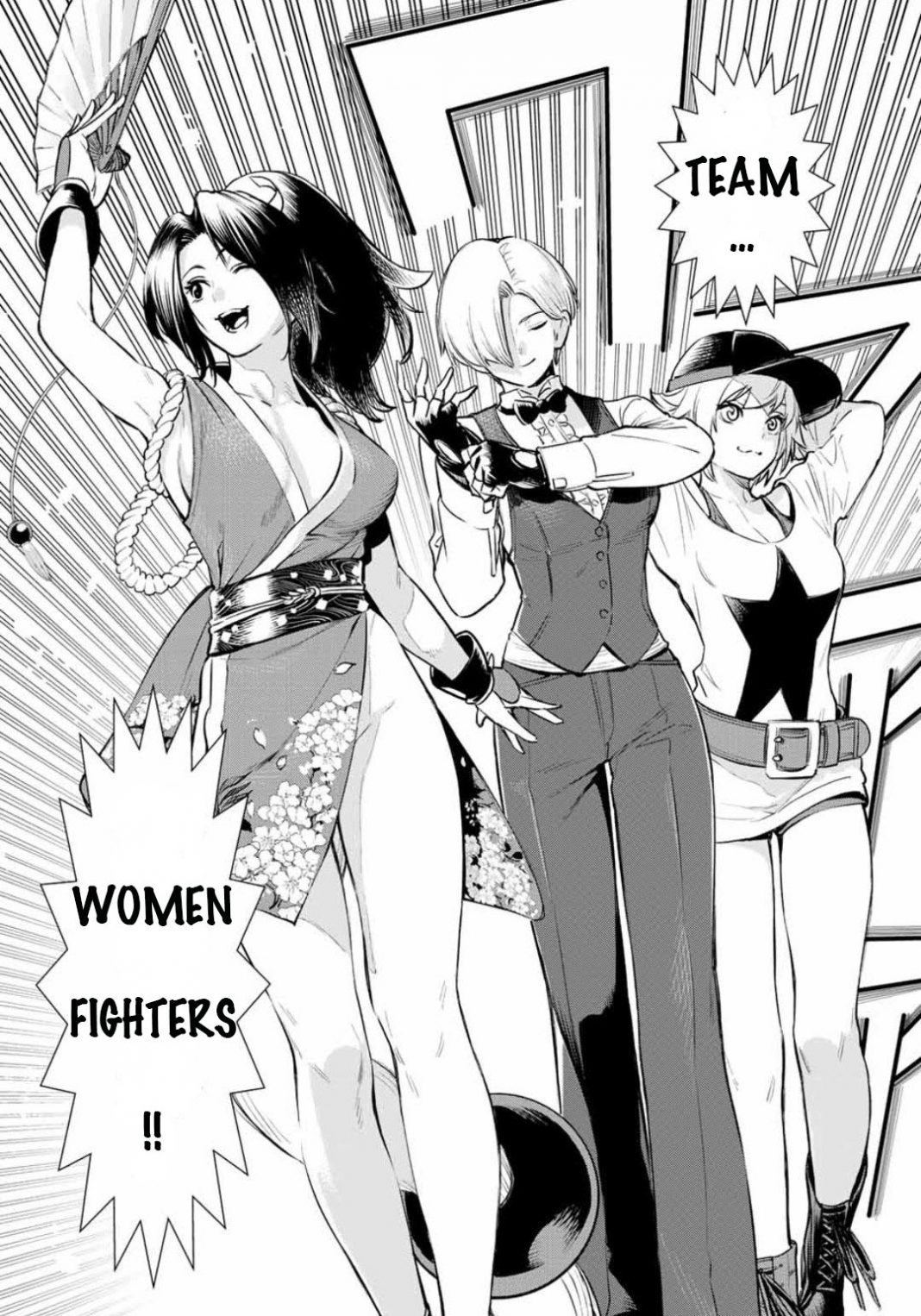
Source: King Of Fighters: A New Beginning, Chapter 5 “Japan Team vs Yagami Team 3rd” (2018), Kodansha
For example, in 2019, self-righteous fans of My Hero Academia complained that Nejire Hado in the anime adaptation had a more pronounced bust than her manga counterpart, criticizing this change for reasons ranging from “misogyny” to “pedophilia.”
One fan was so self-righteous in his anger over Studio Bones’ apparent misogynistic crimes against the fictional character that he urged his Twitter followers to “hunt down Studio Bones” and even mentioned the location of the company’s headquarters in his Wikipedia entry.
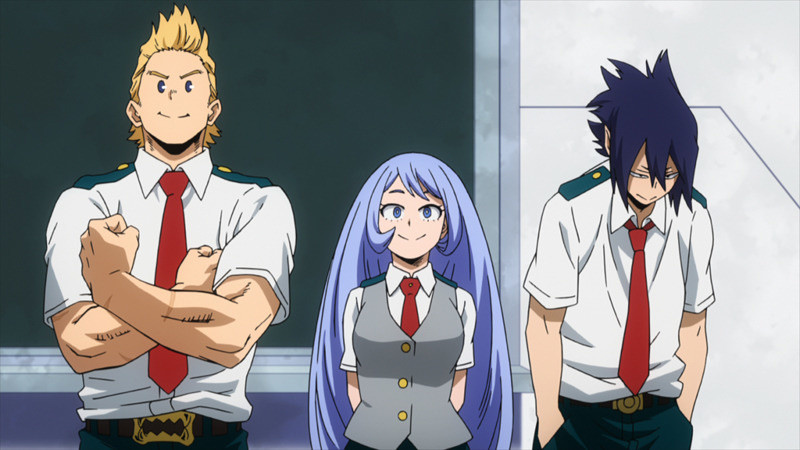
Source: My Hero Academia Episode 62 “A Season for Encounters” (2018), Studio Bones
Just fifteen days later, the Shonen Jump series “Yuuna and the Haunted Hot Springs” was loudly criticized on social media by Western critics because the 48th issue of the manga magazine of the same year featured a risqué pin-up of the series’ eponymous character.
According to the mob, the publication of the pin-up in the magazine was not only “absolutely disgusting and tantamount to child abuse,” but also, in the words of one particular critic, a reason to celebrate the fact that Japan’s “population is declining.”
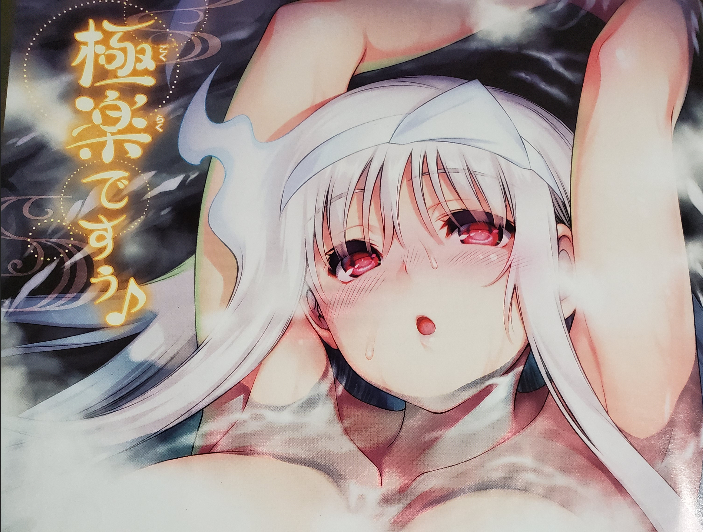
Source: Yuuna and the Haunted Hot Springs, Chapter 181 “A Surprise for Yuuna-san” (2019), Shueisha Inc.
In mid-2020, the premiere of the anime adaptation of “Uzaki-chan Wants to Hang Out” saw a disturbing number of social media users criticizing the highly stylized portrayal of the series’ titular main character, and a disturbing number of social media users accusing everyone from the series’ creator to fans of the series of pedophilia.
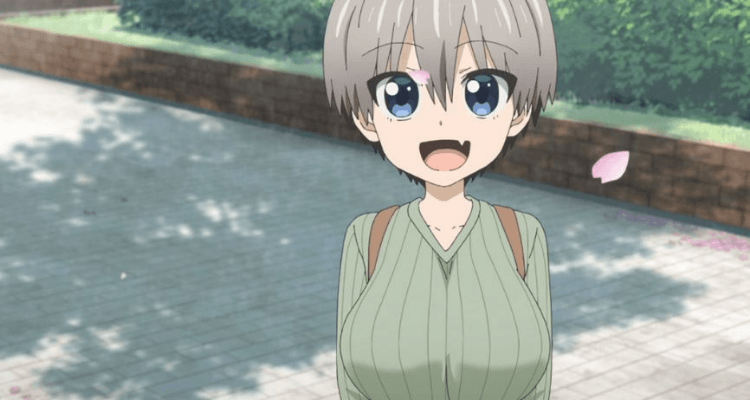
Source: Uzaki-chan wants to hang out, episode 1 “Uzaki-chan wants to hang out!” (2020), Studio ENGI
Later that year, CBR published an editorial claiming that the way One Piece mangaka Eiichiro Oda draws female characters only serves to “reinforce harmful stereotypes.” Contrary to what anyone who has read the popular shonen series would know, it claims, “Oda’s designs of female characters often reinforce the idea that beauty is synonymous with goodness or lack of agency.”
The fact that one of the most popular, corporate-supported, and ideologically acceptable “nerd culture” websites in North America has spoken out and criticized one of the most popular manga series of all time should be taken as proof that this issue has not been “ignored” by Western commentators.
These are just a few examples, but they prove conclusively that Conway’s arguments are either completely detached from the reality of popular attitudes toward Japanese art or deliberately ignore them.
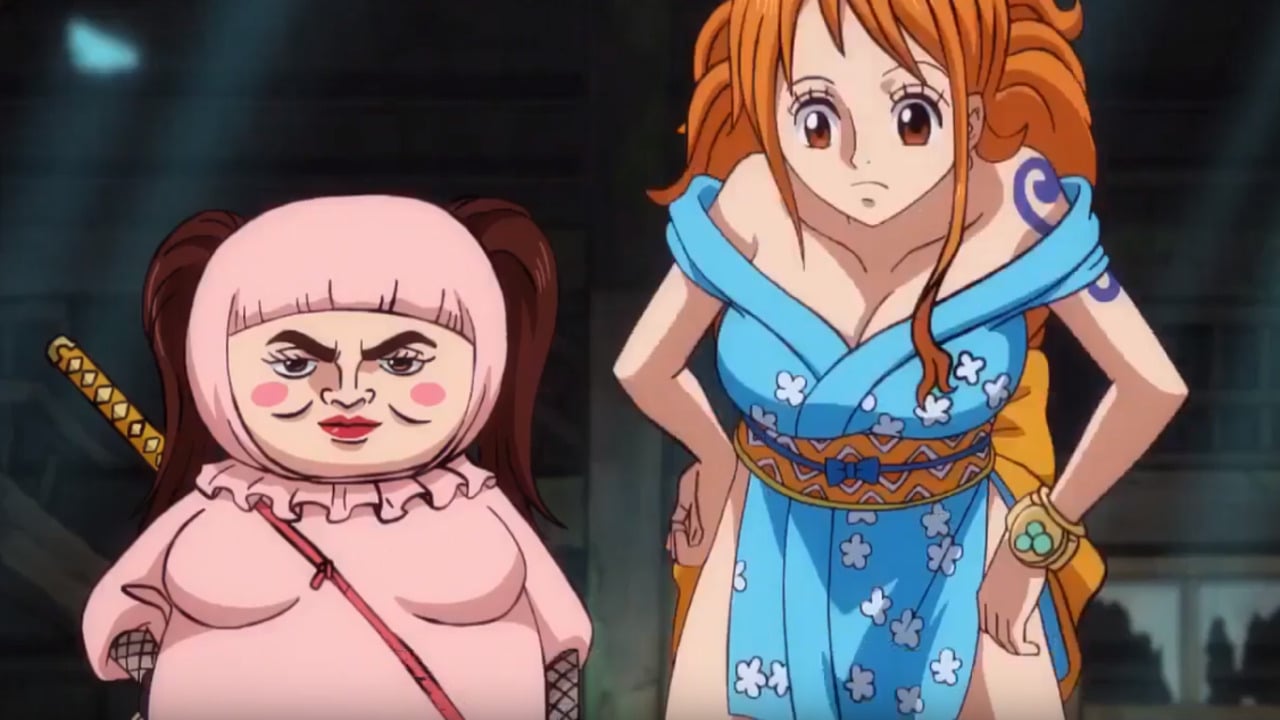
Source: One Piece Episode 923 “State of Emergency – Big Mom is Coming Closer!” (2020), Toei Animation
Given that Japanese manga has completely overtaken and surpassed the Western comics industry in terms of sales in the United States, Conway’s dishonest pearl-clutching seems more like a desperate attempt to attack an industry competitor than a serious critique based on any principles (even if they are rooted in critical race theory or social justice theory).
Because why else would he try to appeal to the very same censored ideologues who would most like to “take Conway to task” for creating, in their eyes, one of the most popular “sexualized” characters of all time?
In the coming months, Conway might find it helpful to read the classic story of the scorpion and the frog, as he will almost certainly find that his efforts to ally himself with critical social and racial theorists in his mockery of manga will end in much the same way.
What do you think of Conway’s call to fight manga? Let us know your thoughts on social media or in the comments below!
More about:Comic Books Manga

